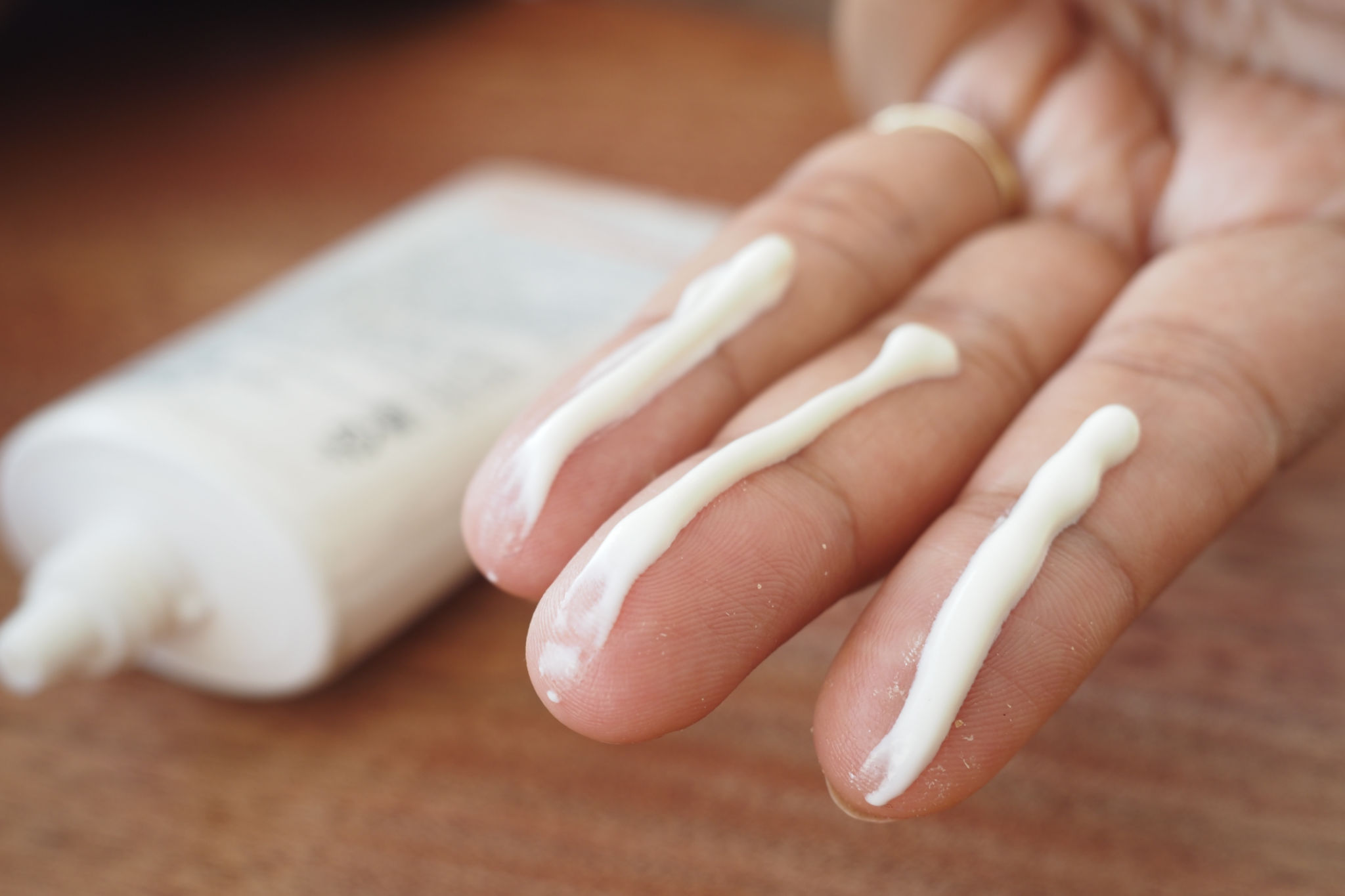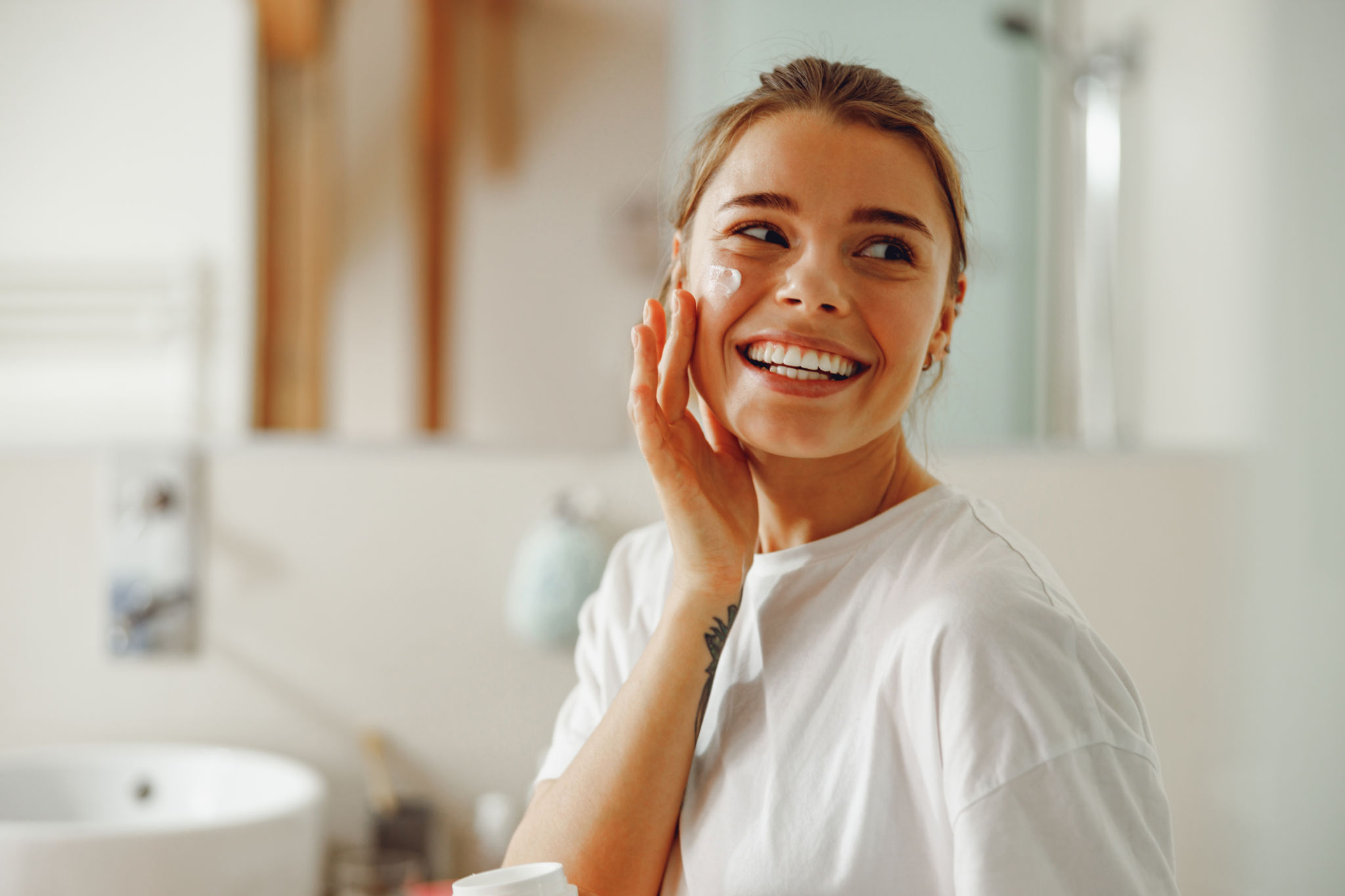Myth-Busting Common Skincare Misconceptions
Understanding the Truth Behind Skincare Myths
Skincare is an essential part of our daily routine, but with so much information available, it's easy to fall prey to misconceptions. These myths can lead to ineffective practices or even skin damage. Let's delve into some common skincare misconceptions and set the record straight.
Myth 1: Oily Skin Doesn't Need Moisturizer
This is a common misconception that can lead to dehydrated skin. Even if you have oily skin, moisturizing is crucial. Depriving the skin of moisture can actually trigger more oil production as the skin tries to compensate for the lack of hydration. The key is to choose a lightweight, oil-free moisturizer that hydrates without clogging pores.

Myth 2: Natural Ingredients Are Always Better
While natural ingredients can be beneficial, not all of them are suitable for every skin type. For instance, essential oils can cause irritation or allergic reactions in sensitive skin. It's essential to research and understand how specific natural ingredients affect your skin before incorporating them into your routine.
Myth 3: The Higher the SPF, the Better
It's a common belief that a higher SPF offers significantly better protection. However, an SPF of 30 blocks about 97% of UVB rays, while an SPF of 50 blocks around 98%. The difference is minimal, and no sunscreen can block 100% of UV rays. More important than the number is applying the sunscreen correctly and reapplying it every two hours when exposed to the sun.

Clarifying Common Skincare Practices
Beyond product-related myths, certain skincare practices are also misunderstood. Understanding these can help you establish a more effective regimen.
Myth 4: Exfoliating Daily is Essential
Exfoliation helps remove dead skin cells, but over-exfoliating can damage your skin's natural barrier. It's enough to exfoliate 1-2 times a week, depending on your skin type. Over-exfoliation can lead to redness, irritation, and increased sensitivity.
Myth 5: You Don’t Need Sunscreen Indoors
Even when indoors, UVA rays can penetrate windows and cause skin damage. It's important to apply sunscreen daily, regardless of whether you're spending time outside or not. This practice helps prevent premature aging and reduces the risk of skin cancer.

Making Informed Skincare Choices
When it comes to skincare, knowledge is power. By understanding these myths and their truths, you can make informed decisions that benefit your skin in the long run.
If you're ever uncertain about a particular product or practice, consulting with a dermatologist can provide personalized advice tailored to your skin's unique needs. Remember, what works for one person might not work for another, so it's essential to find what suits you best.
In conclusion, dispelling these misconceptions allows for a more effective and safe skincare routine. Embrace the truth behind these myths and let your skin thrive!